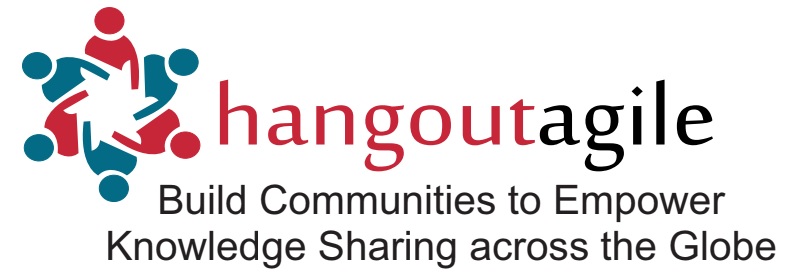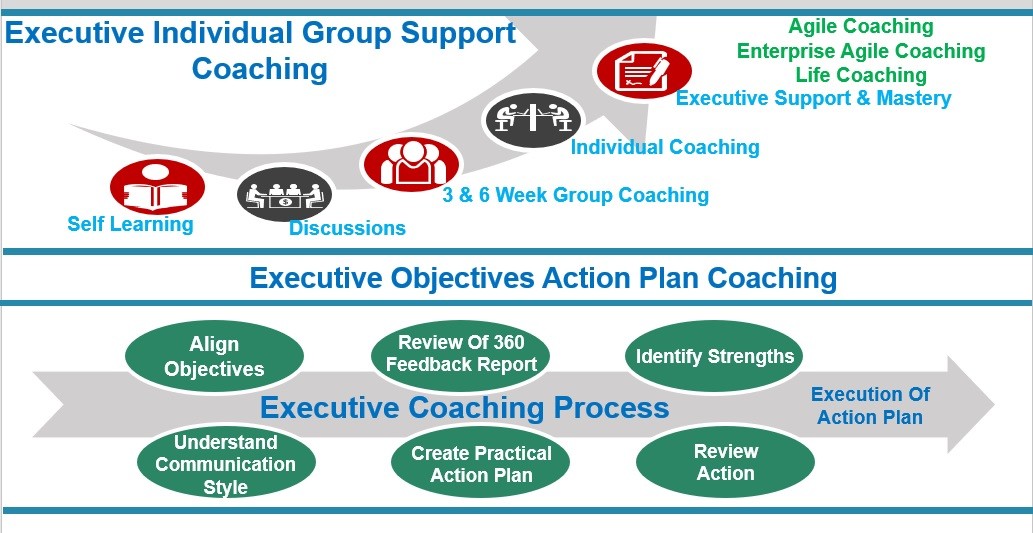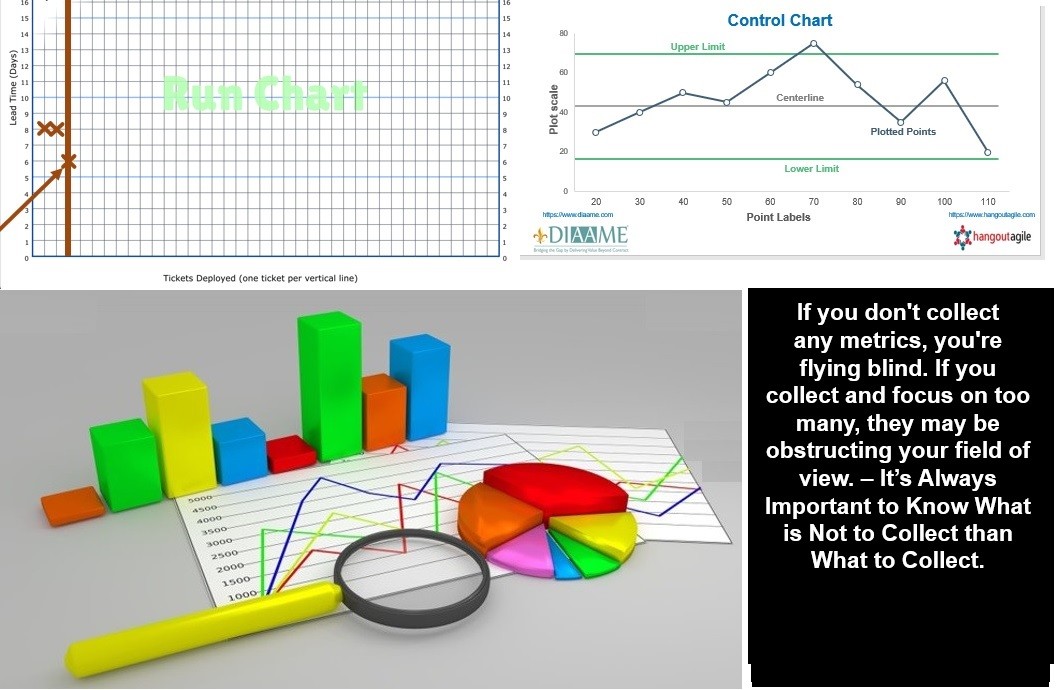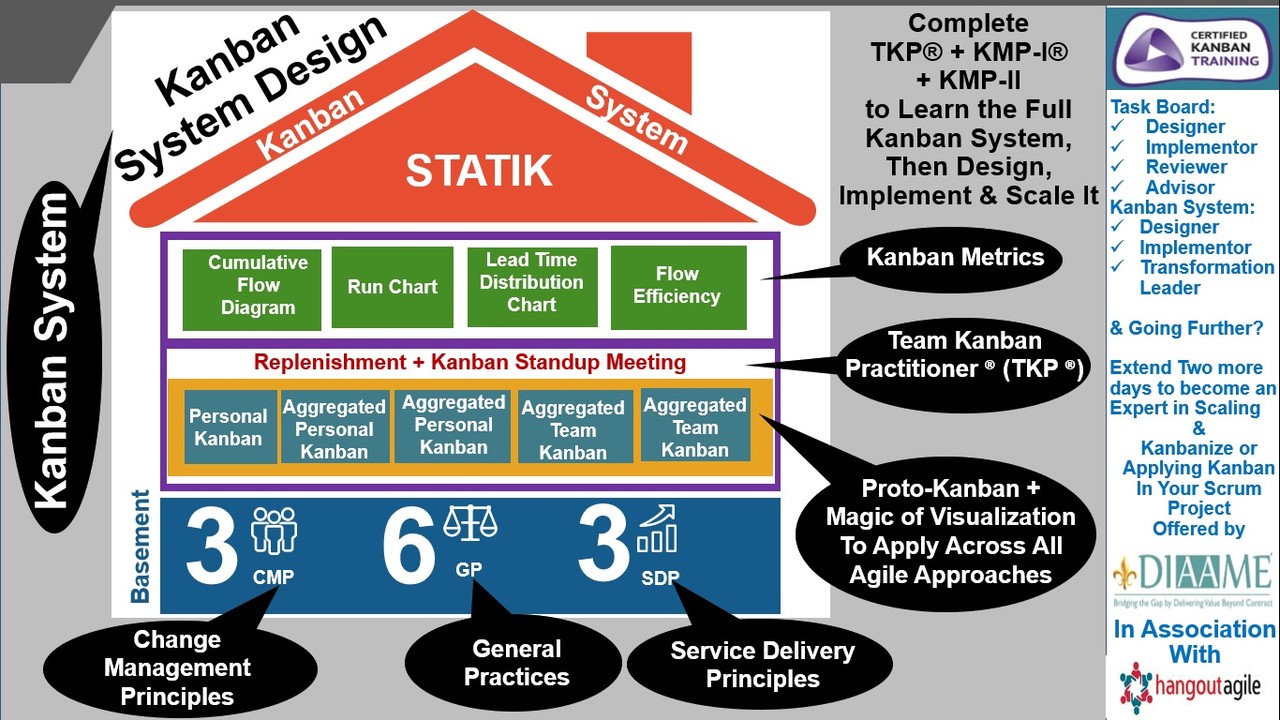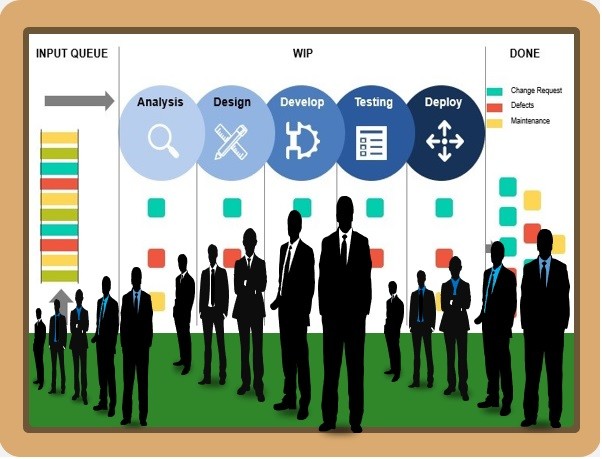You get different philosophies in coaching, usually depending on what position the coach himself played.
Opening Thoughts
We face many challenges in Life. This includes challenges faced on a Daily, Weekly, Monthly, Quarterly & Yearly basis. Some times this frequency would have customized or redefined based on the number of challenges that we face in our Professional as well as Personal Life Journey, which is absolutely Unpredictable. Isn’t it? :-).
However, If we categorize these into two buckets, and name it as Short Term & Long Term Challenges.
Coaching can take lots of different forms, from a onetime conversation for a quick advice to an ongoing exploration that spans weeks or months. There are many tools also available to improve coaching skills effectively. it is a path of life long learning. I never stop refining my coaching skills.
From my coaching experience and continuous learning so far, I strongly believe that:
You cannot teach a man anything. You Can Only help him discover it within himself.
What Do We Mean By The Word “Coach”?
What Do We Mean By The Word “Coaching” In The World Of Business?
In this VUCA World, Coaching is one of the Niche Skill these days and Business always looks for talents with Agility. Many times, the Scrum-Master/Servant Leaders/Adaptable Leaders/Agile Leaders play the role of a Coach in order to help the Coachee to reach a goal, but there are some special elements of Coaching in the Business World that a Football Coach or Singing Coach might not use.
What Coaching Is & What Coaching Is Not?, Food For Thought
As a Leader, You are called on to work with people in many different capacities, and your role as a Coach is one such function. Coaching is an opportunity to contribute to another person’s development.
It is a Two-Way Partnership where you both share knowledge and experience in order to maximize the Coachee’s potential and help her achieve her goals. Because coaching is based on mutual agreement, it is not appropriate for every situation. However, More direct intervention is required in Some Cases.
When Is Direct Intervention Required In Coaching?, Food For Thought
- A new or inexperienced employee requires explicit direction on a task.
- A Team Member Clearly Violated Organizational Values or Policy.
- There is no improvement in performance after multiple coaching sessions.
Good Coaching Avoids Manipulation & Coercion Coaching asks What is Right as well as What Works.
I Strongly Believes that Coaching has to happen for a Specific Purpose.
List of Purposes That You Can Coach or You Can Ask for Coaching – Food For Thought
Through Coaching You Can Help Others To:
- Maximize Individual Strengths Like Building Analytical Skills.
- Overcome Personal Obstacles Like Address Fear of Public Speaking.
- Reach their Full Potential Through Continuous Learning Like Learn How to Use Negotiation Skills for Business Purpose, especially complex business scenarios. Strategic Thinking. Creativity etc..
- Achieve New Skills & Competencies to become more effective like developed more advanced communication skills, Any one of the Life Skills, etc..
- Prepare themselves for New Responsibilities Like Acquiring Leadership Skills etc..
- Manage themselves Like Time Management, Strategy Execution, Giving Feedback, Managing Stress, etc..
- Clarify and work toward performance goals like setting up more realistic goals after introspecting the past/recent performances.
- Increase their Job Satisfaction & Motivation
- Managing Crisis in complex projects/program/portfolio management.
- Executing Innovation in your specific area of expertise, There are many more other points, which is beyond the scope of any article.
When Should Coaching Take Place?
Unlike goal setting & performance reviews, which are formally scheduled quarterly or yearly, Coaching is ongoing and occurs as the need or opportunity arises. Sometimes, you schedule coaching sessions about particular situations. More often, you coach informally as you interact with direct reports and peers in person, by phone, by video calls or through email.
Closing Thoughts
As a Coach, We should take advantage of every opportunity and provide coaching when people ask for it. As a Coachee, We can also do a self-analysis to understand where you stand and then voluntarily take the initiative to get coached from a Skilled Coaching Professional.
There are many tools and techniques to do this self-assessment, Voluntary effort from your side will suffice to go to the next level of excellence. Clicking this “Assessment Link” also is an option to do self-analysis and understand where you stand.
I also use many Tools & Techniques to provide different customized experiments in our Coaching Sessions Keeping the objective of supporting the Participants to Reach the Next Level of Excellence by discovering their Inherent Coaching & Life Skills.
What we discussed is just the definition. There are many more techniques that can be learned when you complete the Certification Program Team Kanban Practitioner (TKP®) & KMP1 & KMP2 (Click here to Learn More)
Are You Curious to know the coverage of TKP®, KMP1® & KMP2®?
- Kanban Taskboard Implementation/Review (TKP®)
- Deep Learning of Visualization (TKP®)
- Choose/Suggest right board for Team following Scrum, Kanban, SCRUMBAN, SAFe or Any other Agile Approaches (TKP®)
- To become a Taskboard Implementer/Reviewer across the Scrum, Kanban, SCRUMBAN, SAFe or Any other Agile Approaches (TKP®)
- Visualization – Simulation (TKP®)
- Design & Implement a Project using Lean Principles, Kanban Method & Agile Practices (KMP-I®)
- Kanban Simulation Game (KMP-I®)
- Kanban Metrics (KMP-I®)
- System Thinking Approach to Implement Kanban (STATIK) (KMP-I®)
- Kanban Cadences (KMP-I® & KMP-II®)
- Kanbanize Any of the Projects/Program/Portfolio following Agile or Waterfall Method (KMP-I® & KMP-II®)
- System Thinking Approach to Implement Kanban (KMP-I® & KMP-II®)
- SCRUMBAN or Scrum to Kanban or Kanbanize Scrum Projects (KMP-II®)
- Scaling Kanban (KMP-II®)
- Apply/Using Kanban at Enterprise Level (KMP-II®)
